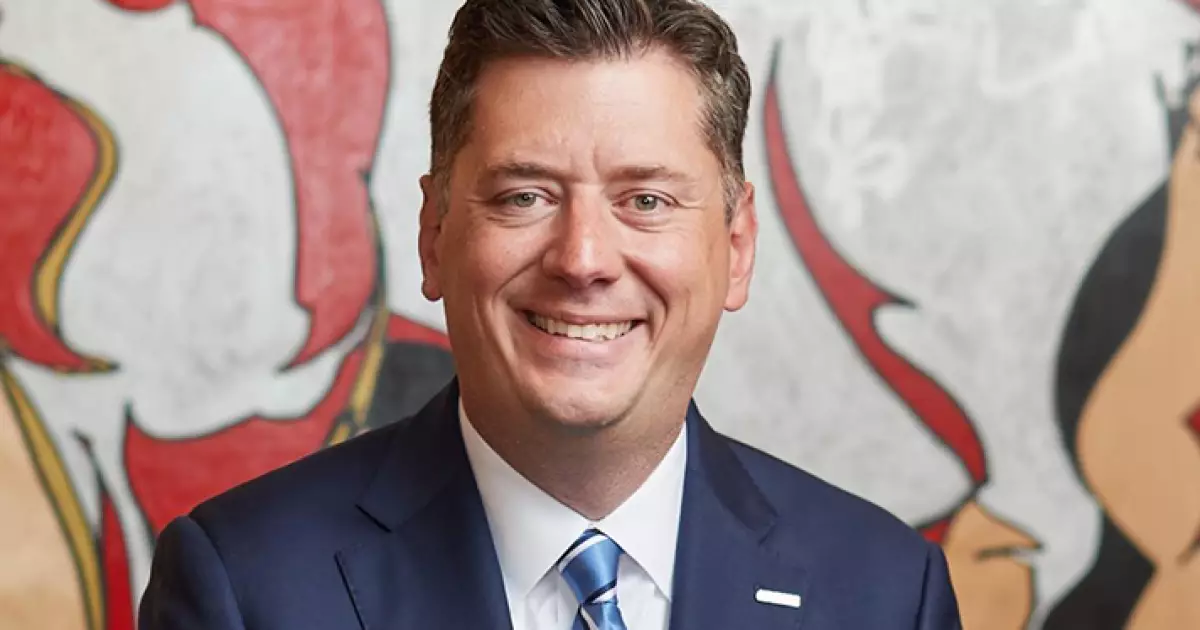In a move that has stirred both excitement and unease among Oklahoma City residents, the council has approved a monumental deal to keep the Thunder basketball team in a yet-to-be-built arena through 2053. Mayor David Holt’s statement confirming a 115-page license agreement seems more like a spin to assure the public of stability than a commitment to fiscal responsibility. When examining a deal that jeopardizes taxpayers’ money to the tune of over a billion dollars in penalties for a possible early exit, one cannot help but question the balance between civic pride and fiscal prudence.
The Taxpayer Burden
The proposed $900 million arena, primarily funded through the issuance of nearly $787 million in tax-exempt bonds, thrusts the financial burden squarely onto the backs of Oklahoma City’s taxpayers. While the allure of a world-class sports venue is undeniable, the prospect of extending a sales tax for an additional six years raises red flags. Voters may have overwhelmingly supported the extension, but one has to wonder: is it truly in the best interest of the city’s citizens, who might not even attend games? The notion that this tax is forecasted to generate nearly $976.3 million during its period quivers in the shadow of public service cuts and other pressing community needs.
Civic Pride or Blind Loyalty
Oklahomans have celebrated their sports teams’ successes with enthusiasm, and the Thunder have undoubtedly contributed to a sense of community and local pride. However, should pride alone dictate the allocation of public funds? The argument for retaining an NBA team often hinges on its potential economic benefits, but the reality is often more complex. Revenue has yet to trickle down to the working-class individuals who might never set foot in the new arena. As we laud the Thunder, we must also scrutinize whether this glittering arena will ultimately uplift the community or fatten only the coffers of the affluent.
The Risks Ahead
The council’s decision comes not without its risks. If the Thunder were to leave early—albeit with hefty penalties in place—the city would ultimately be left footing a hefty bill, with no guarantees of return. This agreement raises essential questions about accountability and foresight in governance. Is the city prepared to wager over a billion dollars in hopes of retaining a team that may not wish to stay? The fear of being left with an extravagant stadium and an empty seat looms large over this deal, tainting a charitable sentiment towards local sports initiatives.
Infrastructure Dilution
The synergistic promise of a shiny new arena runs parallel with discussions about infrastructure upgrades. However, are these improvements genuine amenities for a healthy city or merely extravagant gestures to appease the sports elite? The associated infrastructure projects tied into this bond, estimated at $2.7 billion, could easily dilute resources intended for solving everyday woes like poor public transportation and inadequate city facilities. Realistically, how much of this will translate into true community benefits?
In essence, Oklahoma City’s venture into a flashy future with the Thunder raises critical ethical questions about money management, civic responsibility, and the long-term well-being of the populace.

